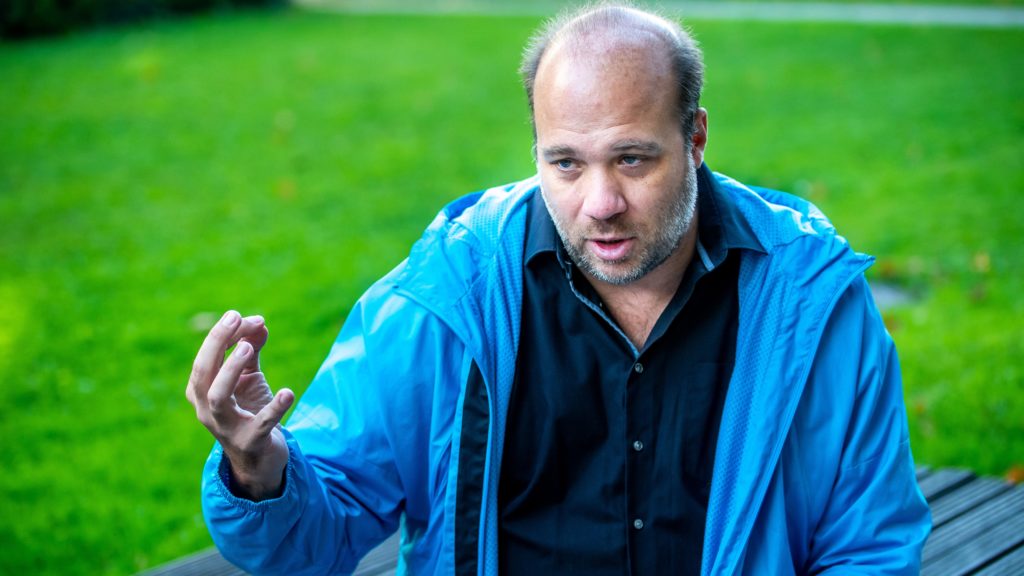Lecturer: Tarek R. Besold
Fields: Artificial Intelligence, Machine Learning, AI Governance
Content
In this course we will (try to) assess the current state of play as regards responsible AI development from both a theoretical/principled (i.e., what are – or can be – the foundations of responsible AI systems and development practices?) and an applied (i.e., which part(s) of the theory carry over into practice and what are the challenges/breaking points?) perspective.
We will have a look at (some of) the conceptual underpinnings of responsible tech development, at the particularities which AI as a domain adds to those, and at proposals for how to bring the chosen values and guidelines into application. We will also have a look at the pressures AI developers face in practice, what these mean for the implementation of responsible development approaches, and if there are (currently) hard-to-overcome breaking points between theory and application. Finally, we will map some of the governance and regulatory infrastructure and processes governments are now working to put into place in order to guarantee adherence to a minimal standard of good practices in the development of AI systems.
Literature
- High Level Expert Group on Artificial Intelligence. “Ethics Guidelines for Trustworthy AI”. 2019. https://digital-strategy.ec.europa.eu/en/library/ethics-guidelines-trustworthy-ai.
- Mitchell, Margaret, et al. “Model cards for model reporting”. Proceedings of the conference on fairness, accountability, and transparency. 2019. https://arxiv.org/abs/1810.03993.
- Thong, William, Przemyslaw Joniak, and Alice Xiang. “Beyond Skin Tone: A Multidimensional Measure of Apparent Skin Color”. Proceedings of the IEEE/CVF International Conference on Computer Vision. 2023. https://openaccess.thecvf.com/content/ICCV2023/papers/Thong_Beyond_Skin_Tone_A_Multidimensional_Measure_of_Apparent_Skin_Color_ICCV_2023_paper.pdf.
- Chatila, Raja, et al. “Trustworthy AI”. Reflections on Artificial Intelligence for Humanity (2021): 13-39. https://link.springer.com/chapter/10.1007/978-3-030-69128-8_2
- Mittelstadt, Brent, Sandra Wachter, and Chris Russell. “The Unfairness of Fair Machine Learning: Levelling down and strict egalitarianism by default”. arXiv preprint arXiv:2302.02404 (2023). https://arxiv.org/abs/2302.02404.
- Mittelstadt, Brent. “Principles alone cannot guarantee ethical AI”. Nature machine intelligence 1.11 (2019): 501-507. https://arxiv.org/abs/1906.06668.
Lecturer

Tarek R. Besold is a Senior Research Scientist at Sony AI in Barcelona, as well as an affiliated researcher with the Philosophy & Ethics group at Eindhoven University of Technology. His work covers topics at the intersection between AI, cognitive science, and real-world applications. He also serves as a start-up advisor and consulting AI policy expert, and was the founding chairman of the German DIN/DKE Standards Working Committee on AI NA 043-01-42 GA.
Affiliation: Sony AI Barcelona
Homepage: https://ai.sony/








